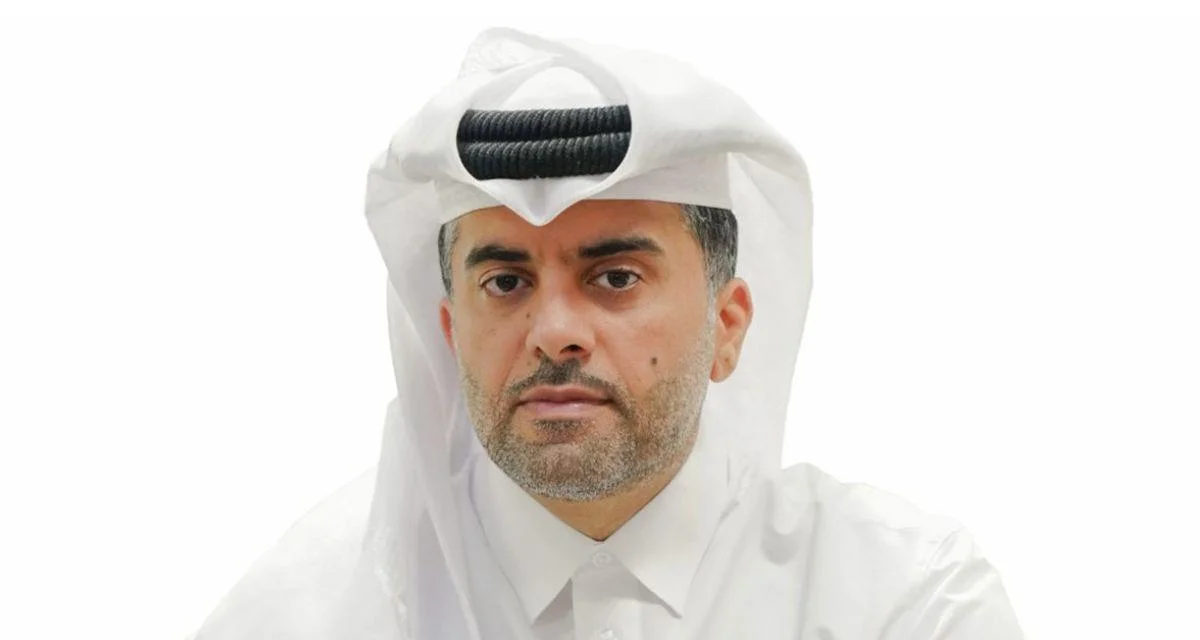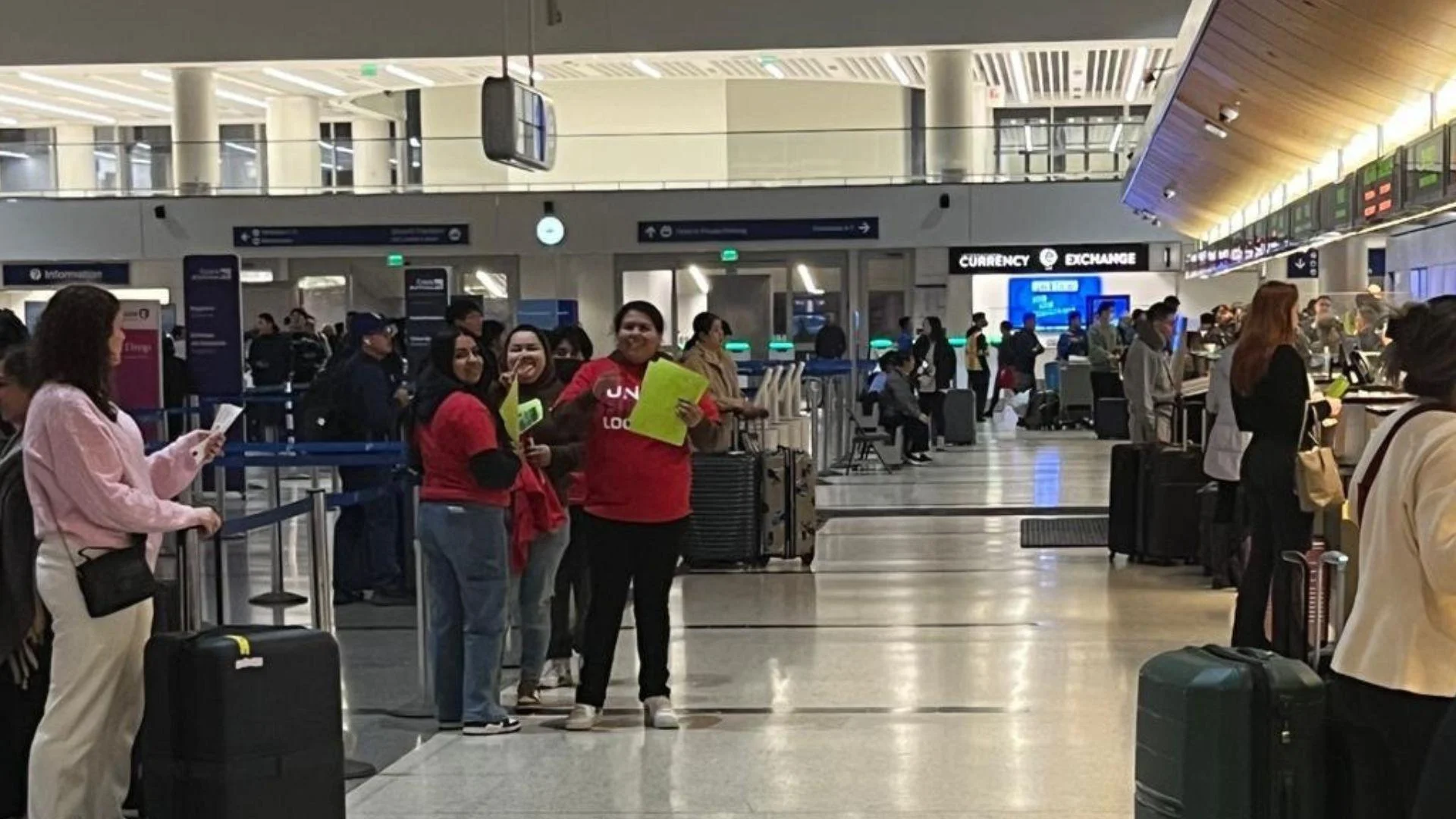Business class products have improved significantly in recent years. For example, Qatar Airways’ Qsuite provides private enclosed pods with sliding doors and configurations that offer both privacy and flexibility for groups or couples. Such innovations have blurred the line between business and first classes, making it harder for passengers to justify paying extra for first class when modern business offerings provide similar comfort.
The shift towards smaller aircraft on long-haul routes also plays a role. Airlines increasingly use narrowbody jets like the Airbus A321XLR on routes once dominated by larger planes such as the Boeing 747. These smaller aircraft lack the space needed for extensive first class cabins but can still accommodate advanced business class seating.
Some carriers have recently ended their first class services entirely. Thai Airways, for instance, discontinued its already limited first class product as it transitions to a fleet centered around the Boeing 787-9. The airline plans to introduce an upgraded “business class plus” offering instead.
Riyadh Air, a new Saudi Arabian carrier set to launch commercial flights later this year, has decided not to include a first class cabin at all. CEO Tony Douglas explained: "It's clear that many airlines are focusing on their business class product and moving away from a dedicated first class product. At Riyadh Air, we feel that first class is not an efficient use of the real estate on the aircraft and that could be put to better use with a three-cabin product that includes business class, premium economy, and economy. By having an incredible business class product with this laser focus on passengers across all touchpoints, it will ensure our guests feel valued - regardless of their cabin of travel."
Riyadh Air was launched in March 2023 as part of Saudi Arabia’s Vision 2030 initiative aimed at diversifying its economy beyond oil dependency by boosting tourism and establishing Riyadh as a global travel hub. The airline has ordered dozens of Boeing 787-9s for long-haul service and Airbus A321neos for regional routes, targeting more than 100 destinations by 2030 while partnering with international carriers like Delta Air Lines, Singapore Airlines, and Air China.
Despite these changes across much of the industry, some airlines continue to offer traditional first-class experiences. Singapore Airlines features spacious suites with sliding doors on select Airbus A380s—some equipped so couples can combine two suites into one larger space—and provides high-end dining options prepared by renowned chefs.
Emirates remains another stronghold of luxury air travel; its Boeing 777-300ERs feature fully enclosed suites with personal climate control while Airbus A380s boast onboard shower spas exclusive to first-class travelers.
British Airways also maintains a presence in this market segment by deploying its first-class-equipped aircraft on lucrative routes such as London Heathrow to New York JFK.
While these services remain available from select carriers worldwide—often reserved for high-profile or profitable routes—the overall trend suggests that prestige may be overtaking profit as the primary motivation behind maintaining them.
 Alerts Sign-up
Alerts Sign-up




































